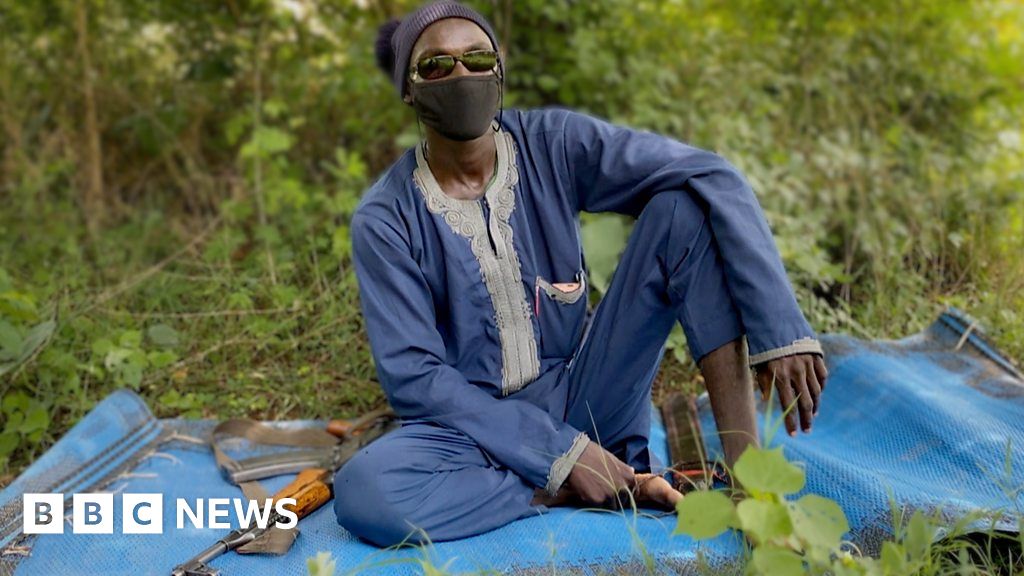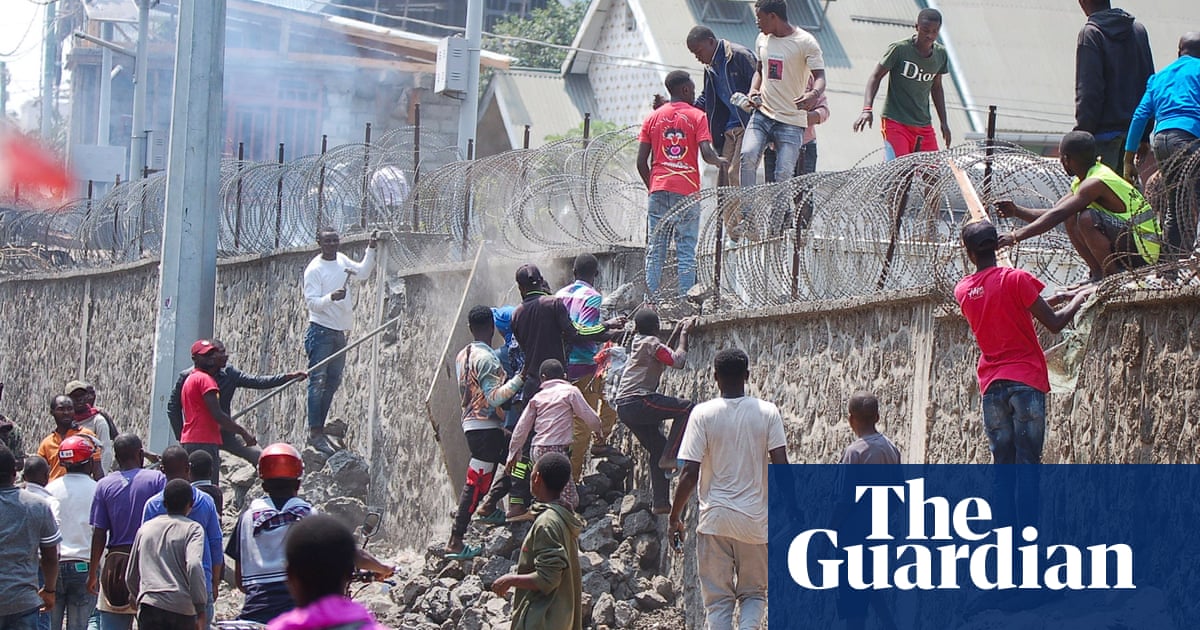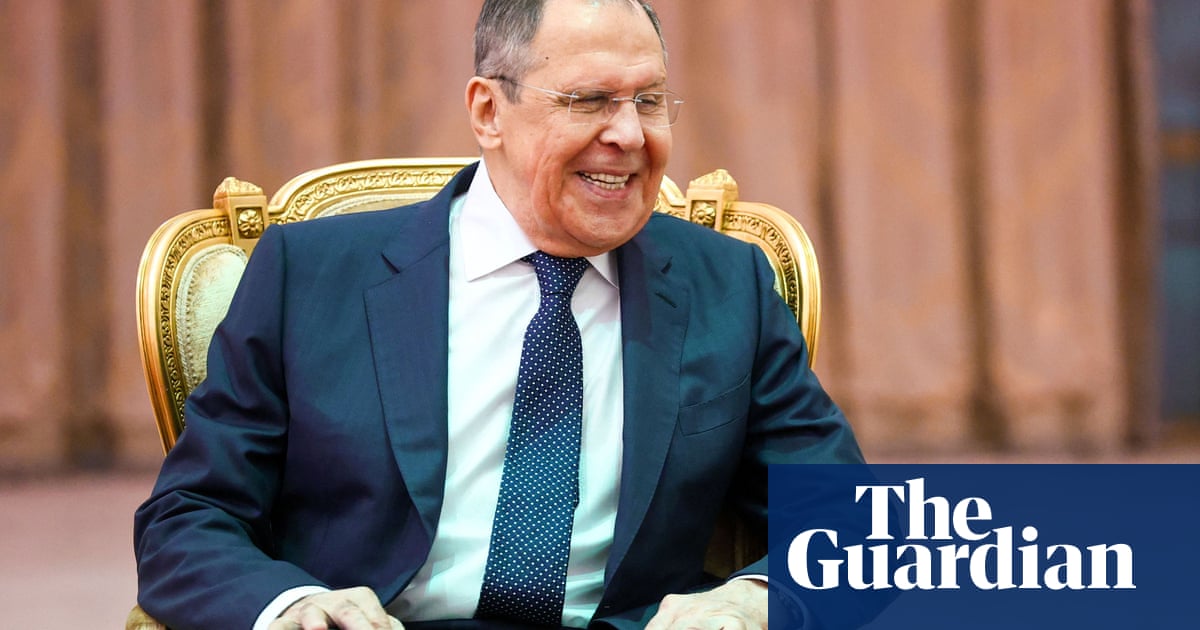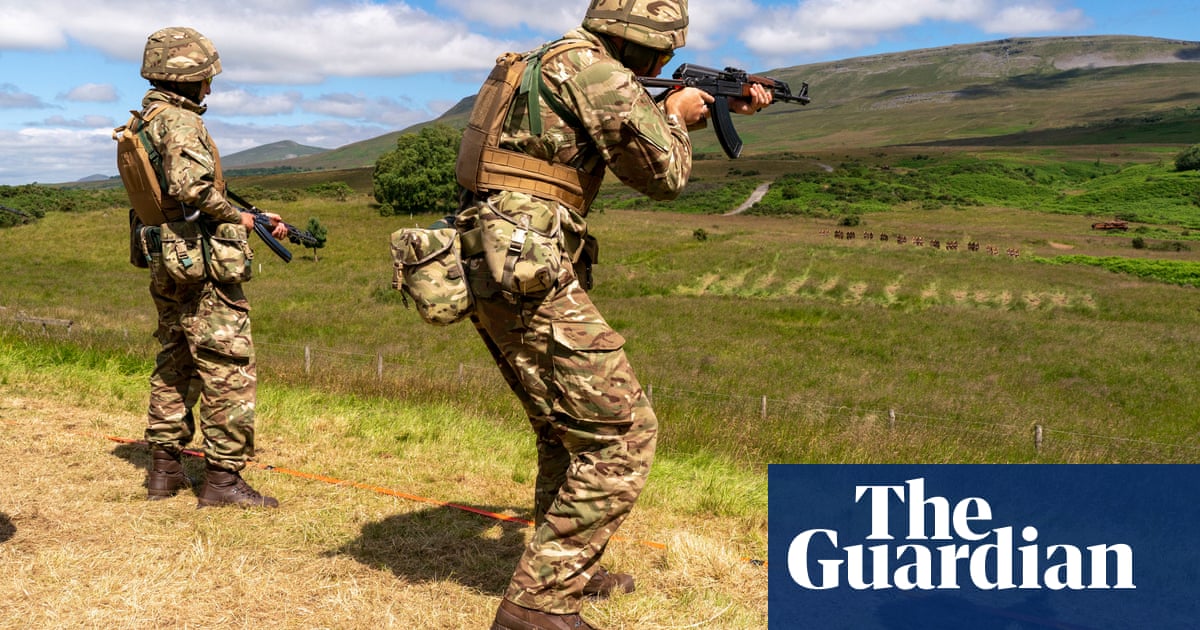One high-profile actor has been the Wagner Group – a private company linked to the Kremlin thathas supplied mercenaries to about half a dozen African governments. These have not always met with unmitigated success. A deployment to combat Islamic extremist insurgents in Mozambique was a fiasco. Nor did Wagner fighters in Libya distinguish themselves on the battlefield when supporting the Benghazi-based warlord Khalifa Haftar’s
offensive against Tripoli in 2019.
But when Wagner Group fighters were deployed to Mali following a takeover by military officers last year, they scored a geopolitical success for Moscow. The new regime in Bamako
has since forced a major French force fighting jihadist insurgents to leave, pivoting a key state in an important strategic region away from the west. A bomb close to the capital last week underlined how the Wagner fighters have made less progress militarily, however, and have been blamed for multiple human rights abuses.
In Sudan, where
a military coup last year derailed a fragile transition to democratic rule, Russian companies linked to the Wagner Group by western analysts and officials have run goldmines since before the fall of the dictator Omar al-Bashir in 2019.
The military regime in Khartoum also has a close relationship with Moscow and western officials have monitored an intensification in recent months of flights believed to be transporting precious metals to Russia from
Sudan. Sudan has also concluded a big deal offering Russia a port on Africa’s eastern coast for 25 years.
Another key location is Central Africa Republic, where more than 1,000 Wagner mercenaries have mounted a series of bloody offensives against rebels on behalf of a weak central government in return for mining concessions. In recent months, according to witnesses, Russian military contractors
have mounted violent and sometimes lethal raids on goldmines in the east of the country apparently aimed solely at looting quantities of gold.
Support from many African leaders and governments for Moscow’s invasion of Ukraine – or at least reluctance to condemn it – has dismayed western officials.
A once close relationship between the US and UK and
Uganda, the next stop on Lavrov’s tour, has soured over the crushing of political dissent and western pressure to recognise LGBT rights. Yoweri Museveni, in power since 1986 and the recipient of huge sums of western aid, has accused the west of interfering in domestic affairs. Museveni’s influential son and aspirant successor,
Muhoozi Kainerugaba, has said on Twitter that “the majority of mankind (that are non-white) support Russia’s stand in Ukraine”.
Ethiopia, where Lavrov will travel after Kampala, might be a tougher sell for Lavrov, though the prime minister Abiy Ahmed’s relations with the west have also suffered in recent years following the war in the northern province of Tigray. In Addis Ababa the conversation is likely to be more about money and technology than military assistance.
A major Russia-Africa summit was held in
Sochi in 2019. The event is set to be repeated later this year, possibly in the Ethiopian capital.
Russian ties across the continent have been strengthened through investment in mining, financial loans and the sale of agricultural equipment or nuclear technology. Rosatom, the Russian state corporation involved with
military and civil use of nuclear energy, has sought to expand in Africa in recent years. Russia was the largest arms exporter to sub-Saharan Africa in 2016-20, supplying almost a third of total sub-Saharan arms imports, up from a quarter in 2011-15, according to the Stockholm International Peace Research Institute.
One explanation for the support for Moscow is that many countries across the continent are still ruled by parties that were helped by the USSR during their struggles for liberation from colonial or white supremacist rule. Though few among their youthful populations experienced the bitter battles of the 1960s, 70s or 80s, leaders of ruling parties in South Africa, Zimbabwe, Angola and
Mozambique remember how Soviet weapons, cash and advisers helped them win freedom.
Moscow has sought to highlight this history since the beginning of the war in Ukraine, repeatedly saying that Russia has “never colonised” any African country and is on the side of Africans against western neoimperialists.








